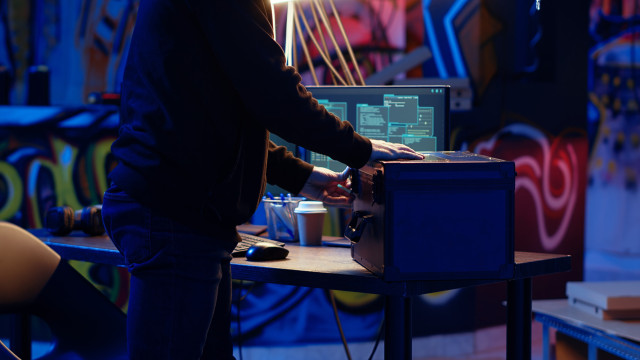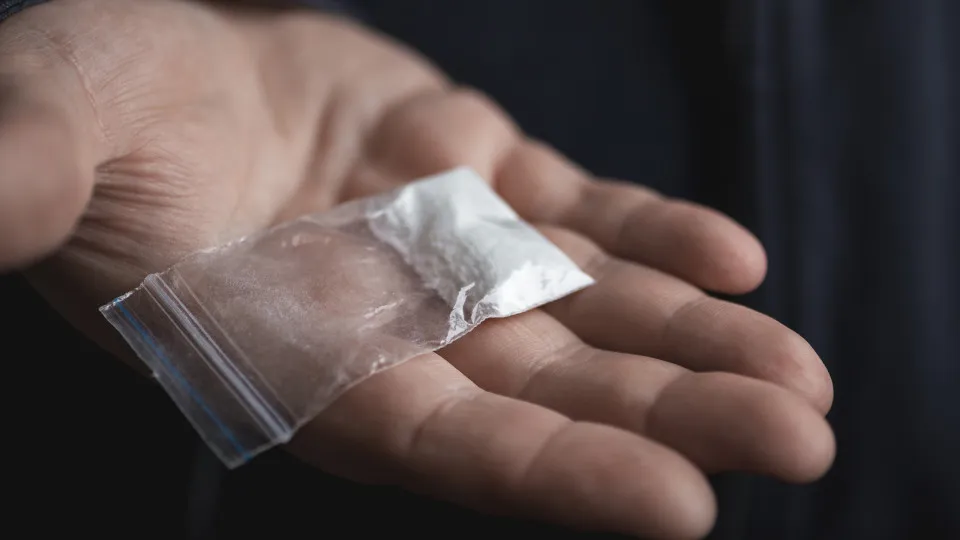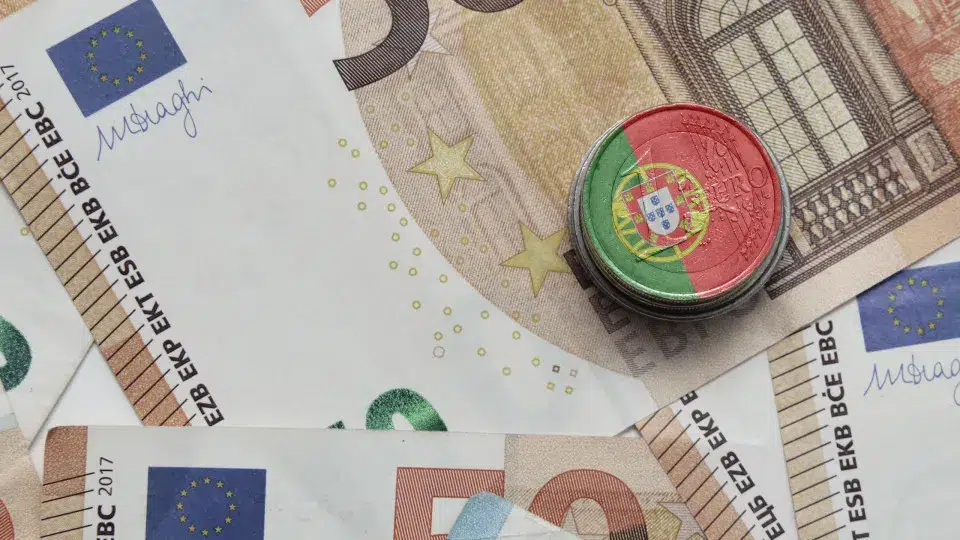Today, Monday, June 30, marks World Social Media Day, prompting the Public Security Police (PSP) to share important guidelines on what to share online and how to safeguard personal accounts.
“What goes online… stays online. The internet doesn’t forget—everything shared can be copied, saved, or exposed. Even years later… and even if it’s deleted!” emphasized the police force in a statement on Facebook.
The PSP advised users to “think twice before clicking ‘publish,'” especially when sharing used photos, aggressive opinions, or personal data.
“A photo, a thoughtless opinion, or personal information can resurface when least expected. Before posting, ask yourself: ‘What if this were shown to a family member, boss, or stranger in the future?'” reads the PSP’s warning.
Stay informed with PSP’s advice:
Privacy is a priority
Always check your account’s privacy settings: Control who can see your posts, who can add or follow you, and which personal details are visible. Share only what’s necessary.
Be cautious about sharing
Avoid disclosing personal information or daily routines: Details like addresses, work schedules, or real-time locations could be exploited by malicious individuals.
Be wary of strange requests
Fake profiles can appear real: If you receive suspicious messages or requests for money, even from someone you know, verify through other means before responding.
Think before posting
What you share today can have consequences tomorrow: Offensive comments, compromising images, or sensitive information can be stored and used against you or others.
Protect your accounts
Enable two-factor authentication: A strong password is important, but a second layer of security significantly reduces the risk of unauthorized access to your account.
Be cautious with links and attachments
Phishing is everywhere: Links received through messages or comments may lead to fake websites. Verify before clicking and never provide personal information without ensuring the source’s legitimacy.

Notícias ao Minuto consulted Sophos, a leading cybersecurity company, about a data breach involving 16 billion exposed passwords, including those from Portuguese-speaking countries. Find out what actions can (and should) be taken to protect yourself.
Márcia Guímaro Rodrigues | 08:15 – 24/06/2025
Avoid automatic sharing
Connect as few accounts as possible: Linking multiple networks or external apps increases exposure and the risk of unauthorized access or loss of control over what’s published.
Educate the younger ones
Children are online too: Talk to young people about the risks of social media and monitor their online activities. Teaching is the best way to protect.
“Your digital security starts with conscious choices. Share wisely. Surf safely,” the police force further emphasized in their post.




